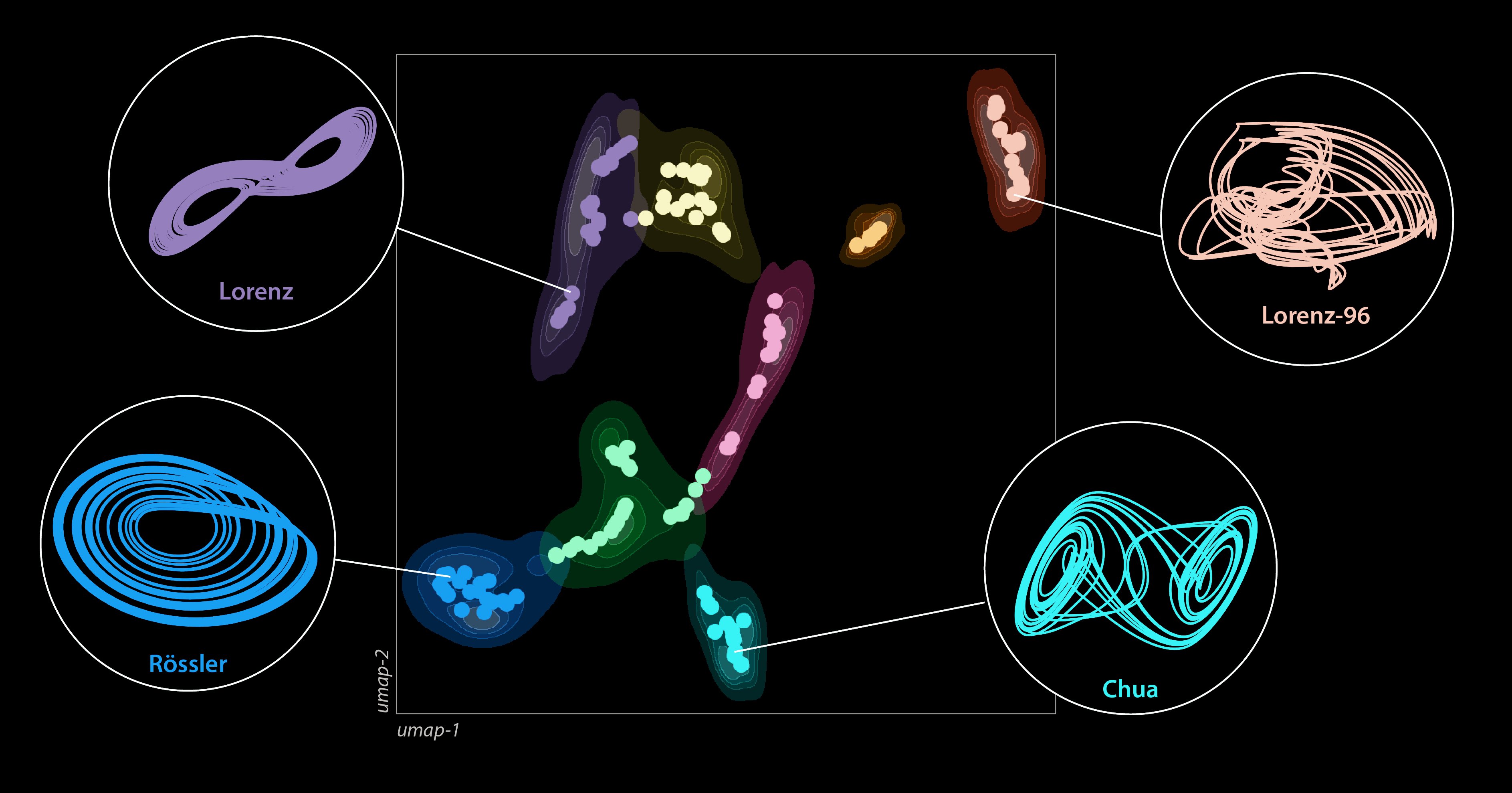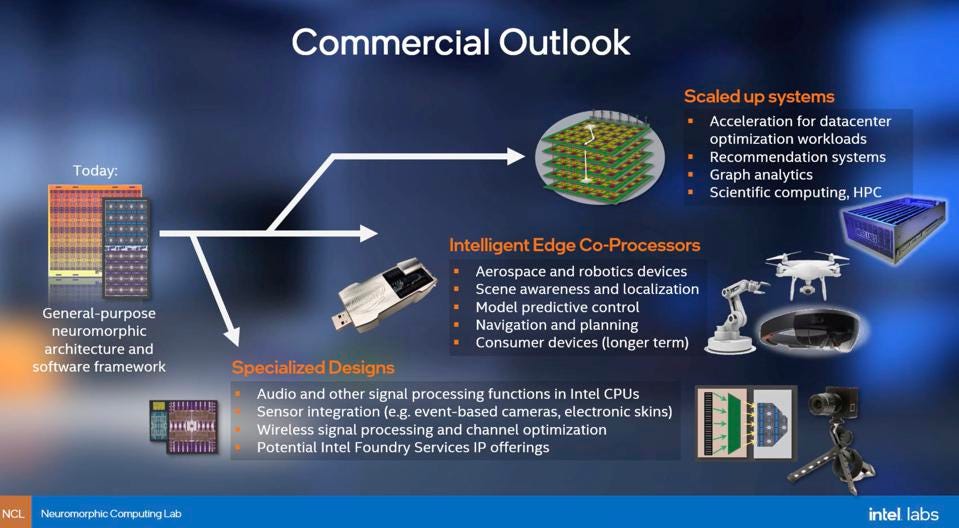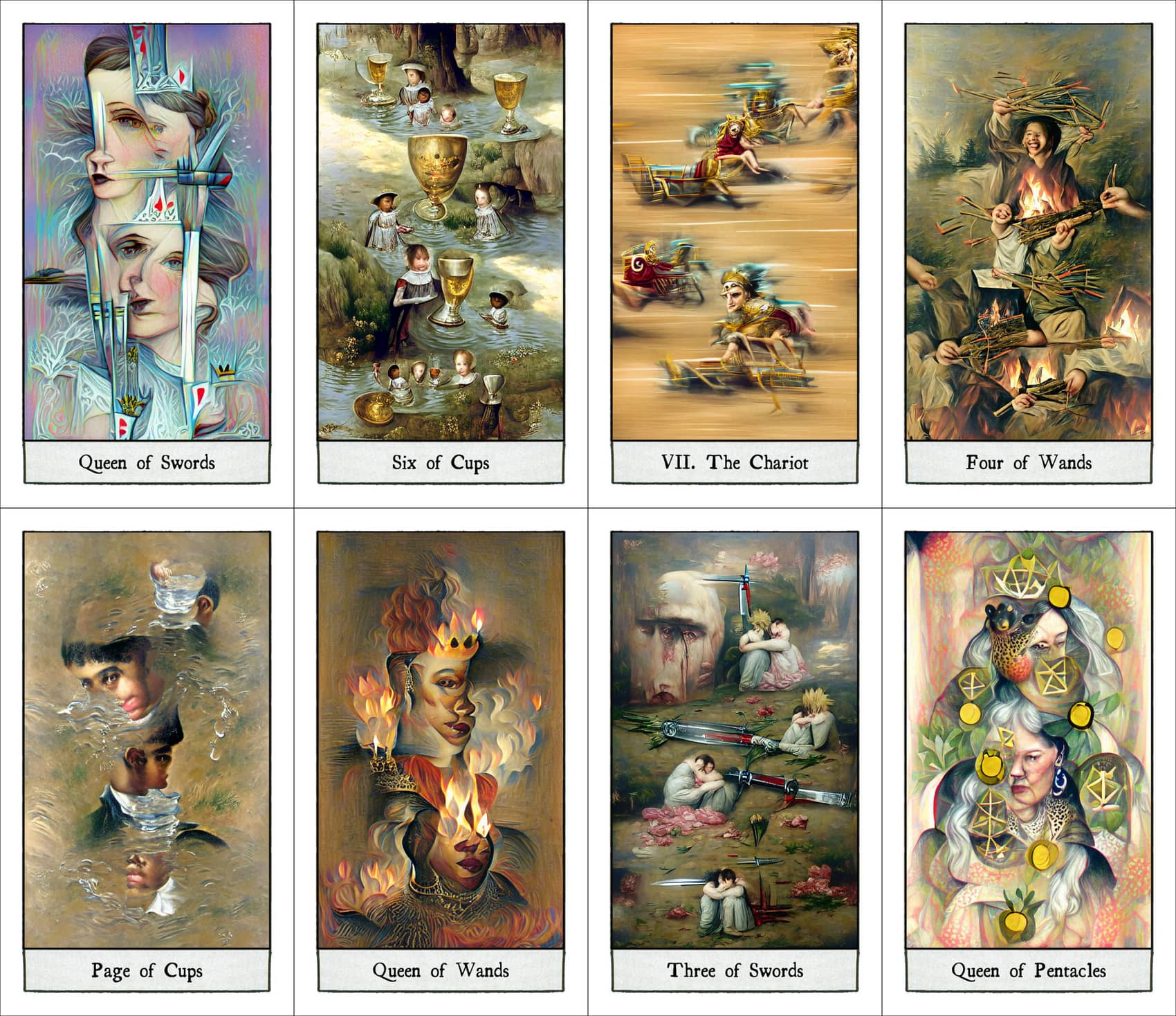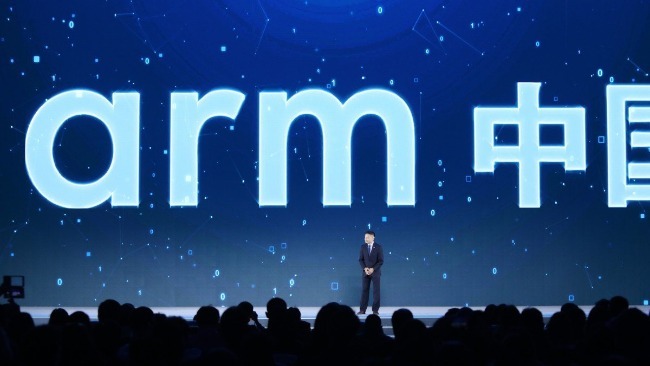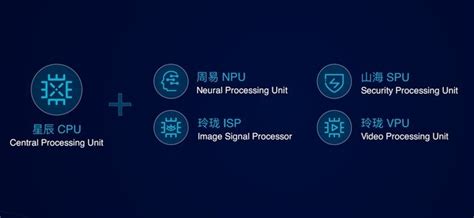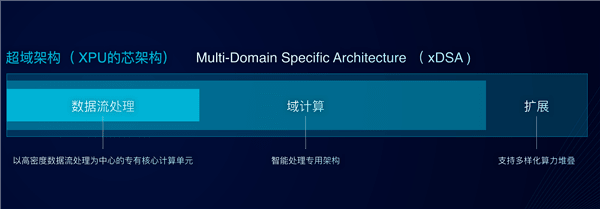tag > ML
-
The Problem With Beauty Equations - @sam_goree on the ‘aethetics gap’ & subjectivity in beauty.

-
Deep Learning’s Diminishing Returns - "The cost of improvement is becoming unsustainable"

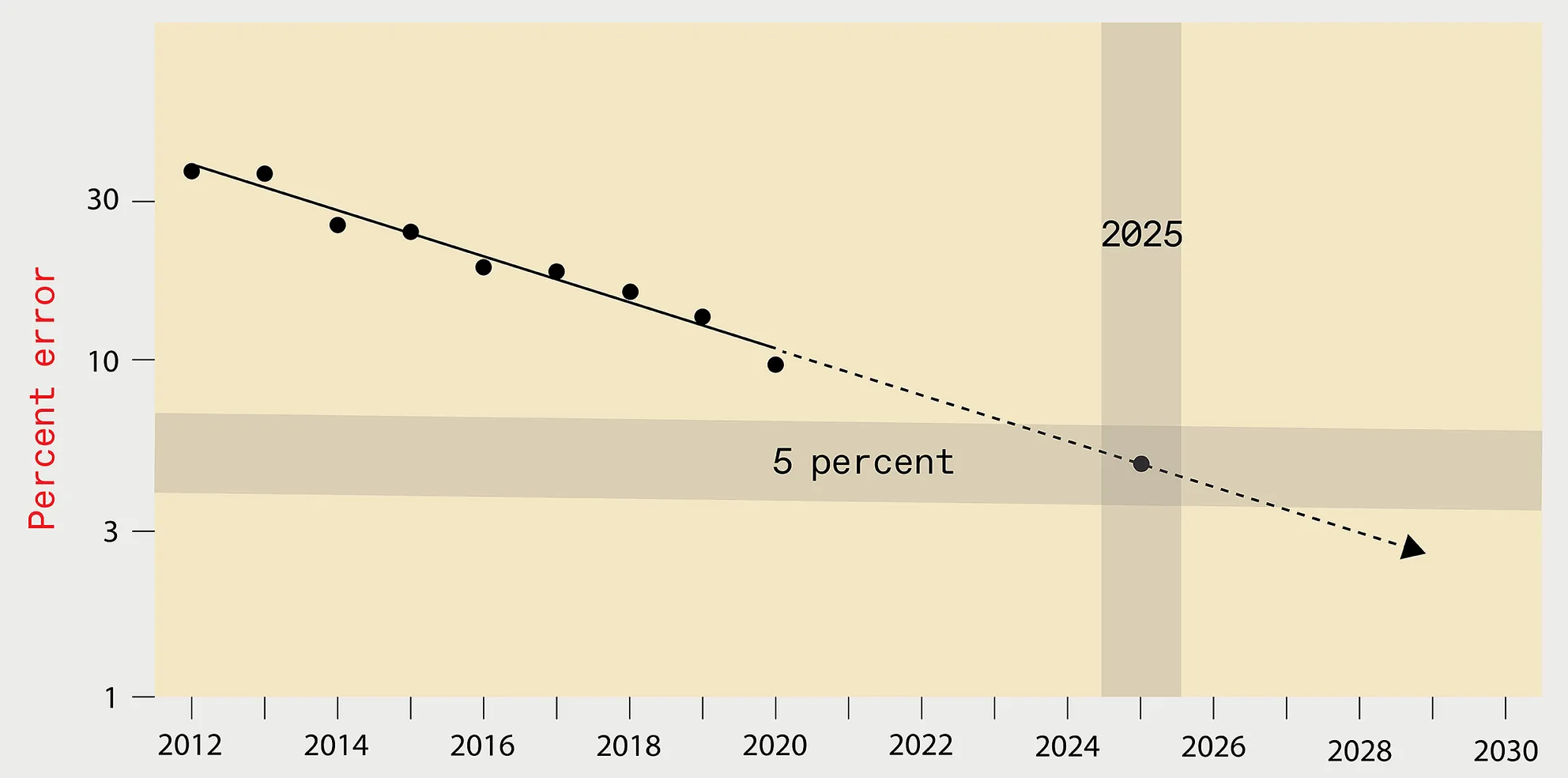
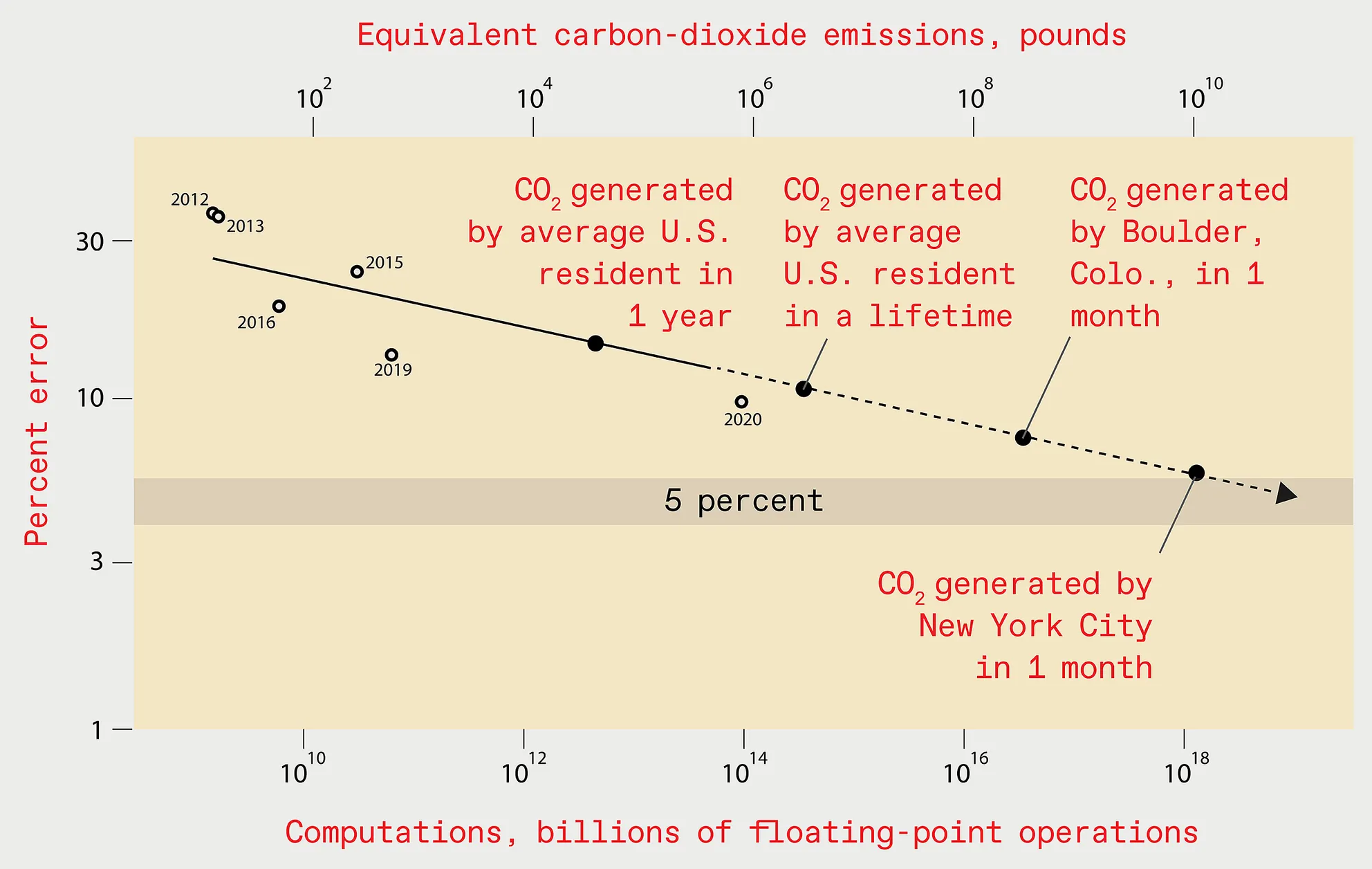
-
Escher Circuits: Using Vision to Perform Computation
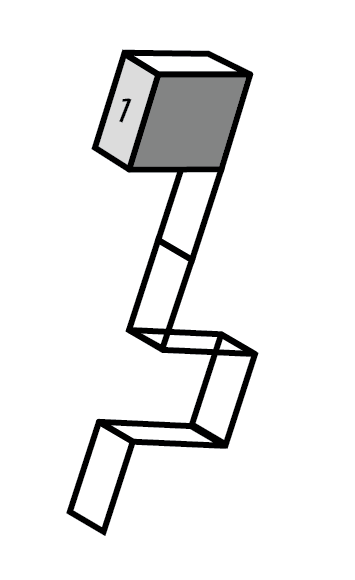
In 2008, Mark Changizi, a Sloan-Swartz Fellow in Theoretical Neuroscience at Caltech, noted that the eye can make sense of complex relationships that often mystify the brain: "Our everyday visual perceptions rely upon unfathomably complex computations carried out by tens of billions of neurons across over half our cortex. In spite of this, it does not “feel” like work to see. Our cognitive powers are, in stark contrast, “slow and painful,” and we have great trouble with embarrassingly simple logic tasks."
Might it be possible to harness our visual computational powers for other tasks, perhaps for tasks cognition finds difficult? In other words, could we trick the eye into performing computation? Changizi proposed the Escher Circuit, "a special kind of image that amounts to 'visual software' our 'visual hardware' computes" merely through perception.
-
AI cannot be the inventor of a patent, appeals court rules (BBC)
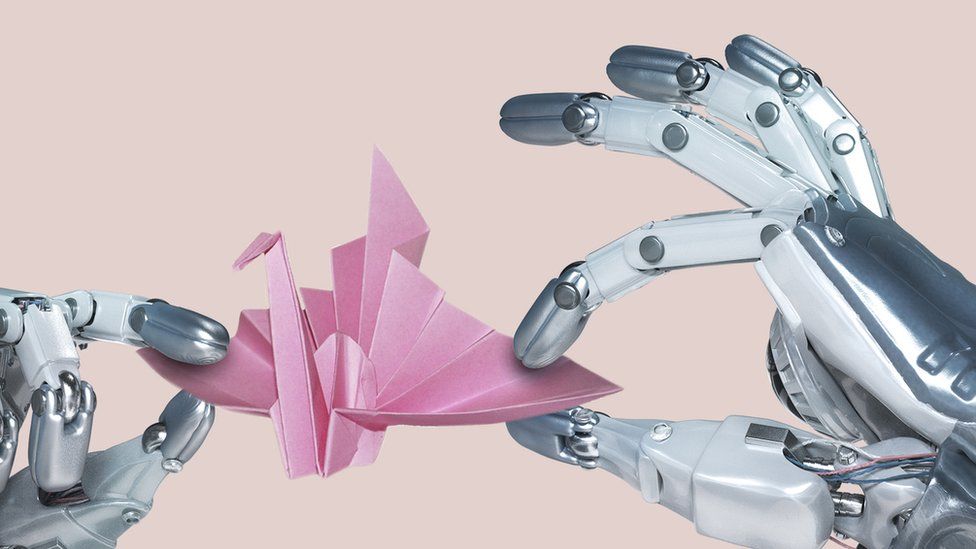
Artificial intelligence (AI) cannot be the inventor of new patents, the UK Court of Appeal has ruled. Patents assign the ownership of a new invention to its creator. At its core, the argument is about whether a law written for human inventors can be applied to machines. The appeal court ruled against Stephen Thaler, creator of a system called Dabus, who took a case against the UK's Intellectual Property Office (IPO) which refused patents to his AI.
-
The State of Human-Centredness in AI and automation - by @BrianSJ3
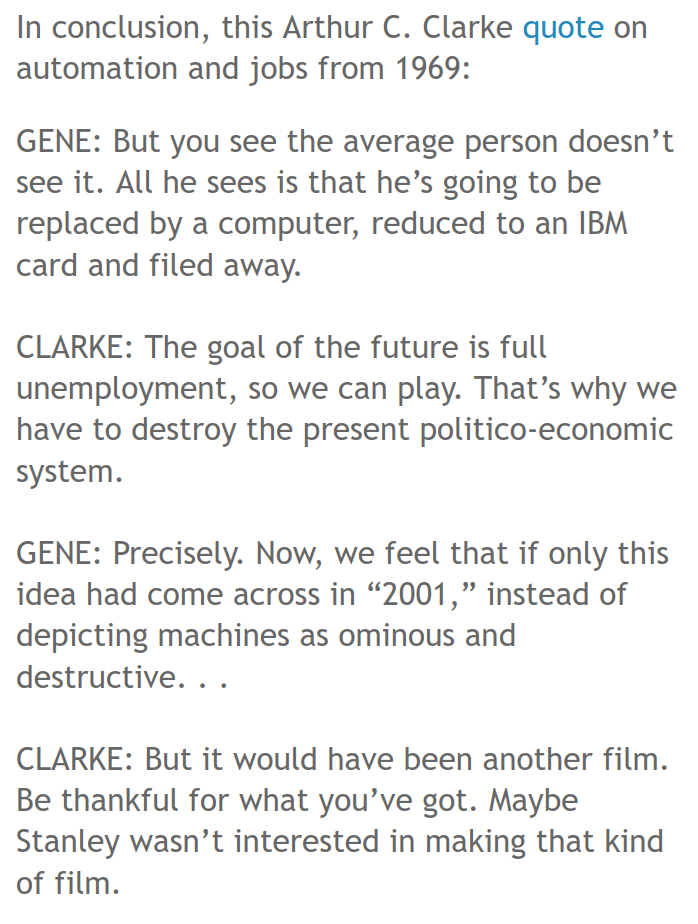
"Conclusions: The Western capitalist hegemony is deeply antithetical to human-centredness (remember that the subtitle of 'Small is Beautiful' was 'Economics as if people mattered' - hardly the Amazon corporate handbook), from the level of a corporate project through to societal effects. Competent practitioners with good stakeholder support can show what can be done, but Human Centred Design will remain a niche activity. If human-centredness is to make any impact at all, then it is time for some completely fresh approaches. Fortunately, the time is ripe for just such fresh approaches but the scale of the opportunity is somewhat daunting."
-
"Corporate Affiliations and Funding of Machine Learning Papers" - Findings from the paper "The Values Encoded in Machine Learning Research" (2021) (discussion)

"Our analysis shows substantive and increasing corporate presence in the most highly-cited papers. In 2008/09, 24% of the top cited papers had corporate affiliated authors, and in 2018/19 this statistic almost tripled, to 71%. Furthermore, we also find a much greater concentration of a few large tech firms, such as Google and Microsoft, with the presence of these "big tech" firms increasing more than fivefold, from 11% to 58%."
-
"Intimacy is redefined as inefficiency."
- Nicholas Carr, from "An android dreams of automation" (2014) -
A Recipe For Arbitrary Text Style Transfer with Large Language Models
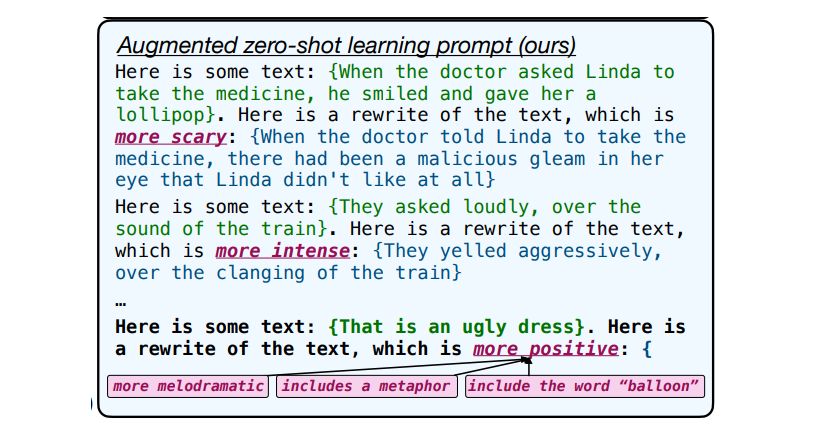
Uses 137B LMs on zero-shot text style transfer and gets promising results w/ "augmented zero-shot learning". Even works on prompts like “make this melodramatic” or “insert a metaphor.”
-
"Suck" - An example of the lousy state of "A.I" & its killer apps: Surveillance, Censorship & Snitching

-
The new Roomba uses AI to avoid smearing dog poop all over your house. “But in order to make this possible, the company first had to create a diverse dataset of poop.” (quote source)



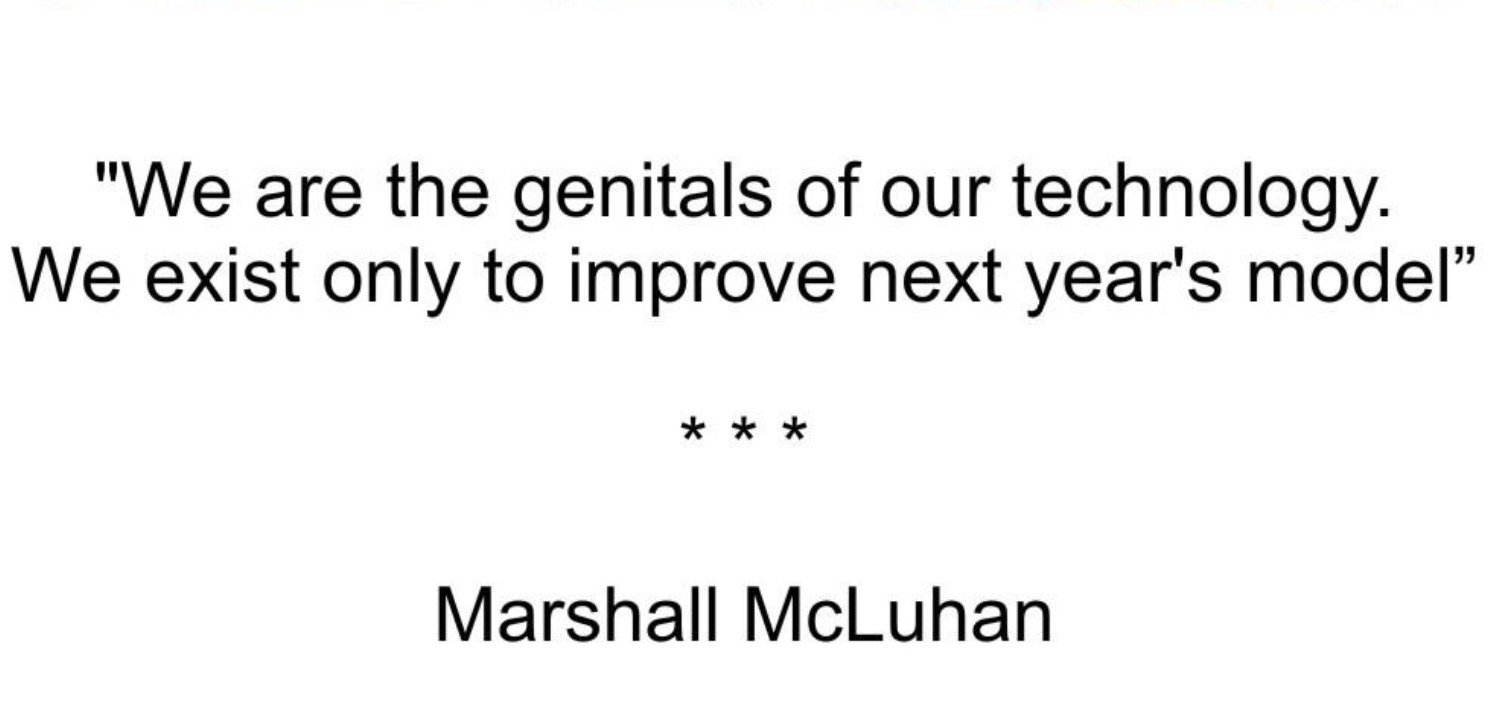
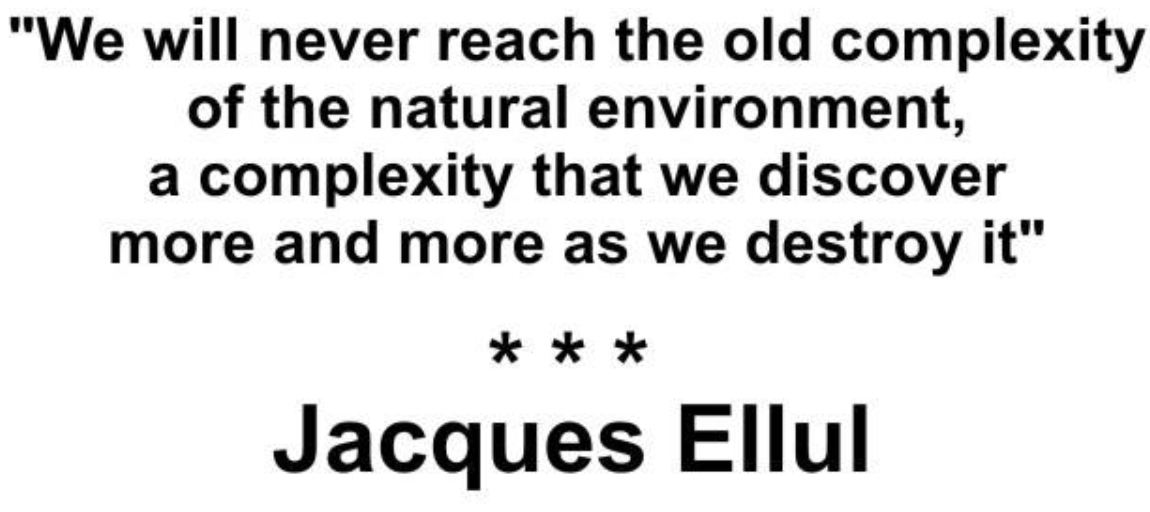
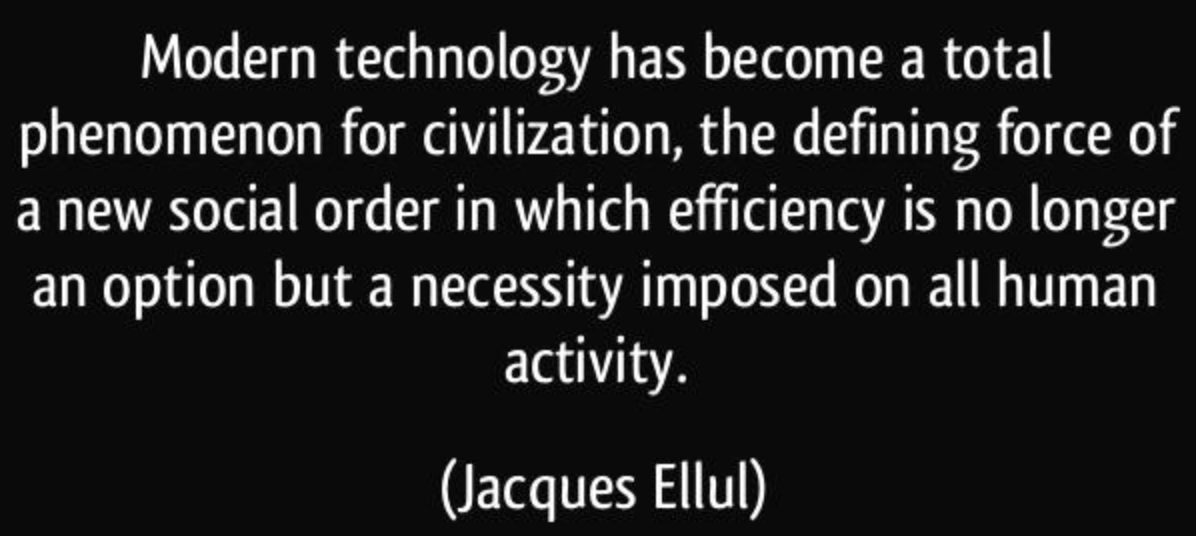
-
Sensory Substitution
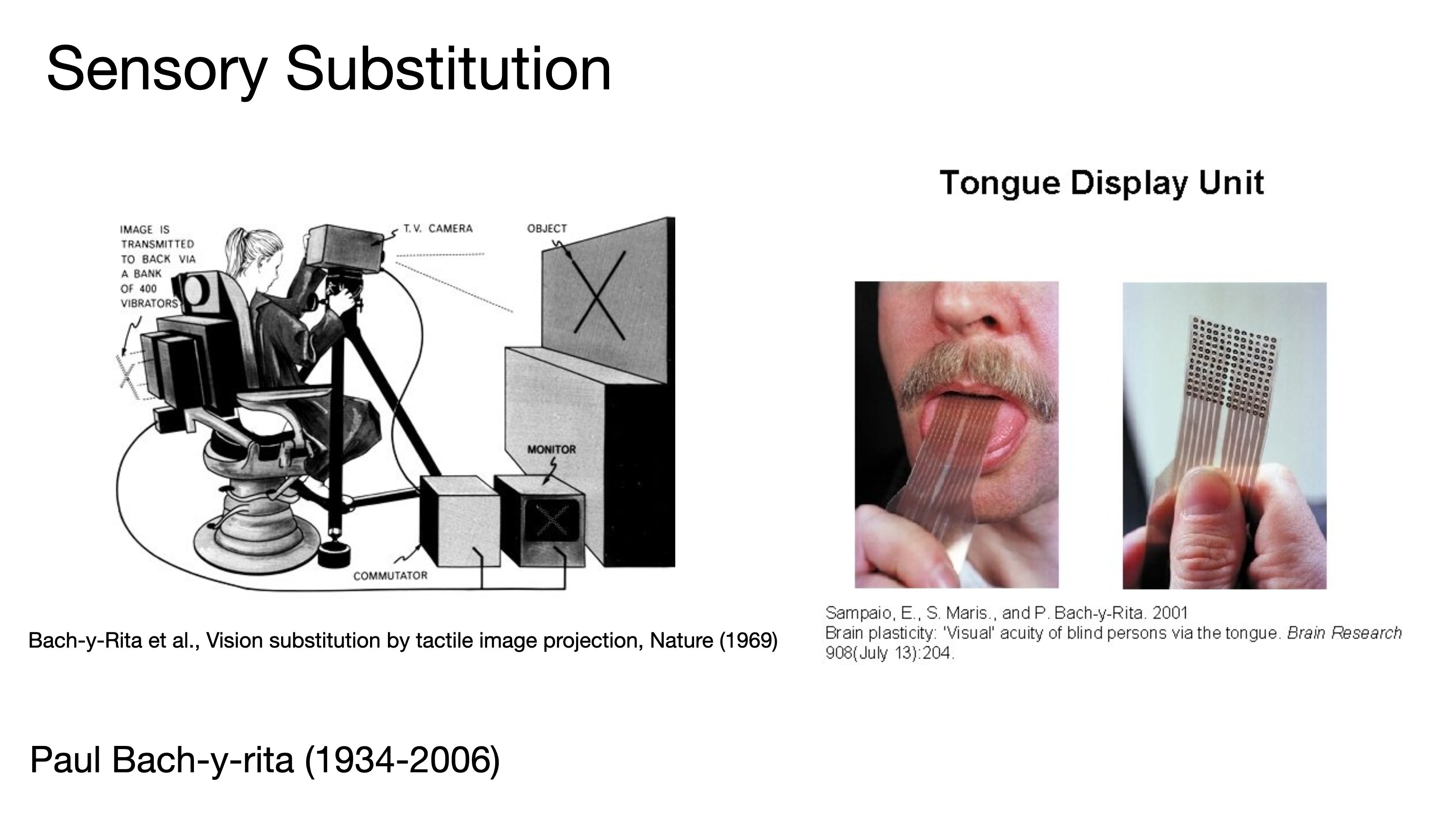
“The brain is able to use information coming from the skin as if it were coming from the eyes. We don’t see with the eyes or hear with the ears, these are just the receptors, seeing and hearing in fact goes on in the brain.” - Paul Bach-y-Rita, pioneer of sensory substitution.
-
AI gave Val Kilmer his voice back
The Hollywood actor lost his natural voice after a surgery for throat cancer in 2015, shattering his career and permanently altering the way he communicates. That is, until late last year when Sonantic, a U.K.-based software firm that clones voices for actors and studios, helped Kilmer to speak again. A wave of start-ups are deploying artificially intelligent voice-cloning services for digital assistants, video games and movie studios. The generated voices have gotten more realistic in the age of deepfakes and sound deceptively real.
-
Rodney Brooks on contemporary AI
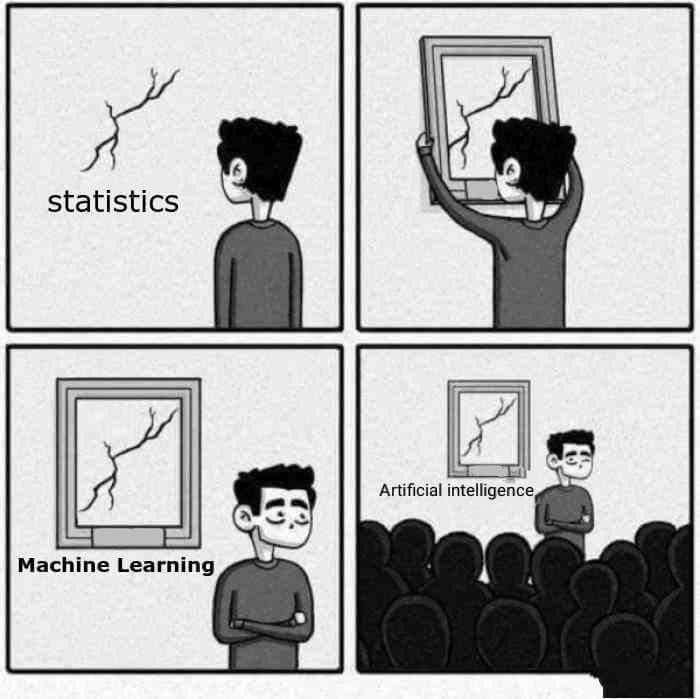
"The fetish that everything should be learned from big data sets rather than developing algorithms for intelligent systems seems like Soviet Lysenkoism where it was believed that all properties of crops were absorbed from the environment. Millions of people starved to death. [...] The wait in the first half of the 21st century for Level 5 autonomy to be practical for automobiles is starting to feel like the wait for practical nuclear fusion reactors in the second half of the 20th century. Oh, yeah, and also in the first half of the 21st century."

